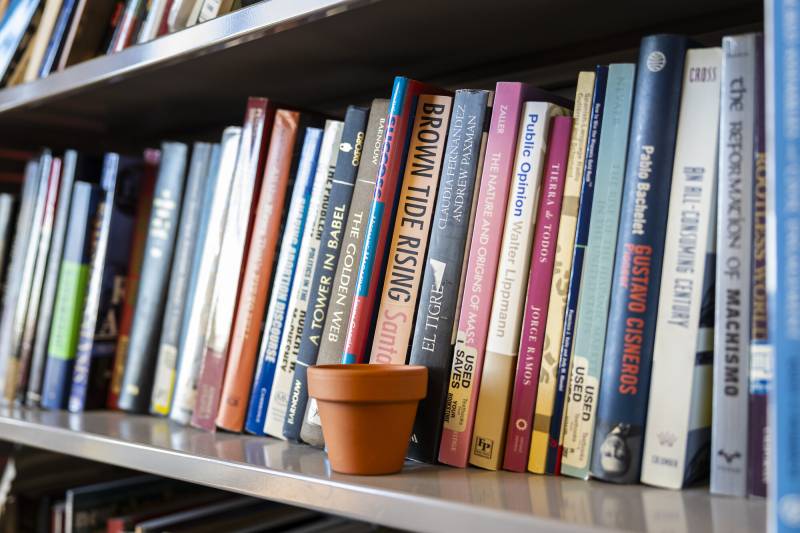The New York Times book review said Bittman gives a “clear and compelling compendium of modern agriculture. In particular, his rendering of the early mechanization of the American farm is epic and engrossing.”
Bad Environmentalism: Irony and Irreverence in the Ecological Age by Nicole Seymour
Publication date: Oct. 30, 2018; 304 pages
Does environmentalism have to be so serious, so unfunny, so doom and gloom? In this book, Nicole Seymour examines the movement in an irreverent, campy, frivolous, playful, even funny way.
David Naguib Pellow, author of What is Critical Environmental Justice?, praised the book: “In an era in which environmental crises have been normalized and environmentalists are viewed by many as overly earnest irritants, Nicole Seymour gives us something we crave (even if we’re loath to admit it!). Bad Environmentalism offers stunningly original, creative, and playful readings of a diverse range of cultural forms, refuses the binaries of eco-purity politics, and advances a hearty support of ambiguity, irreverence, contradiction, humor, and pleasure, while holding firm against the racism and homophobia that often undergird mainstream environmentalist campaigns and logics. This is a challenging, often hilarious and game-changing book.”
The Light Pirate by Lily Brooks-Dalton
Publication date: Dec. 6, 2022; 336 pages
Set in the near future, this work of science fiction follows Wanda, a luminous, unusual child born during a hurricane. As she comes of age, Florida slips away and grows increasingly wild, ravaged by climate change and rising waters.
From the dust jacket: “As Florida continues to unravel, Wanda grows. Moving from childhood to adulthood, adapting not only to the changing landscape, but also to the people who stayed behind in a place abandoned by civilization, Wanda loses family, gains community, and ultimately, seeks adventure, love and purpose in a place remade by nature.”
In praise for the book, a New York Times book review said Brooks-Dalton’s post-apocalypse vision is different and “not so dystopian.” “It’s good to read an alternate and more hopeful story of how life might be experienced on a planet that is partly dying but also evolving, even if fewer humans remain.”
Climate Stewardship: Taking Collective Action to Protect California by Adina Merenlender with Brendan Buhler
Publication date: Sept. 7, 2021; 296 pages
Produced in collaboration with the UC California Naturalist Program, Climate Stewardship focuses on how Californians are working to solve environmental and climate problems across the state.


